For teens in the 1970s, summer wasn’t just about hanging out or hitting the pool—it was about earning a little independence. Whether you needed cash for a used car, concert tickets, or just a few rounds of pinball, getting a summer job was a rite of passage. These gigs weren’t glamorous, but they were everywhere—and they taught responsibility, patience, and how to deal with a cranky boss or a jammed cash register. Many of these jobs have since disappeared or changed beyond recognition, but for those who had them, they were a major part of growing up.
1. Lifeguard at the Local Pool
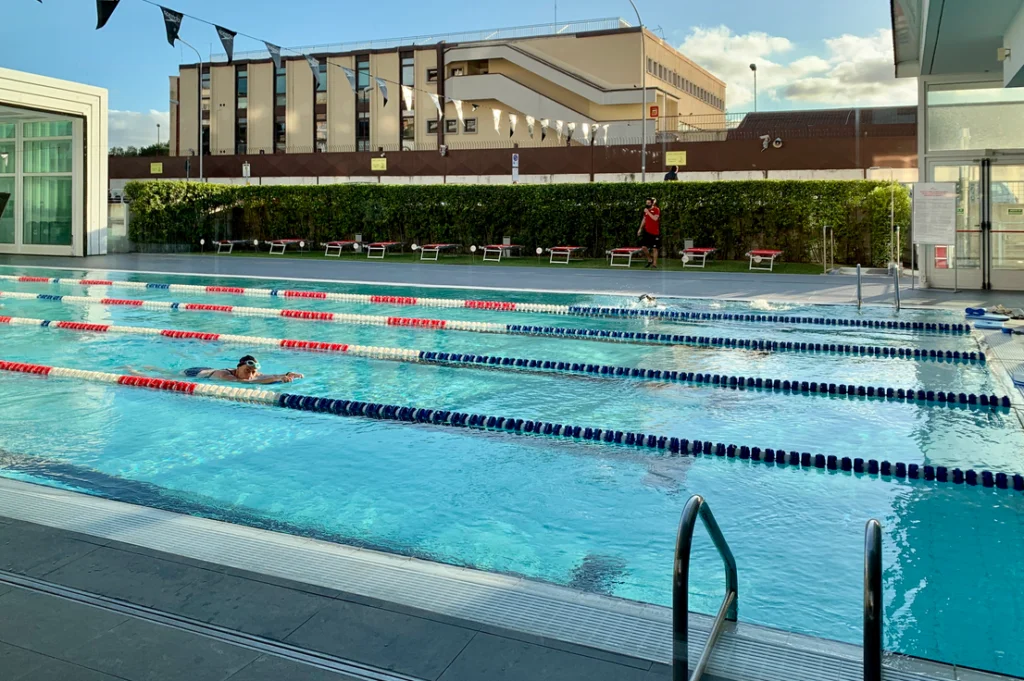
Lifeguarding was one of the dreamiest summer jobs—sitting high above the pool with a whistle and shades, scanning for cannonballs and trouble. You needed certification, but once you had it, you were golden. Kids looked up to you, literally and figuratively. As outlined by American Red Cross, lifeguard training is highly involved.
It wasn’t all glamour—you had to deal with rowdy swimmers, clean up messes, and jump into action when things got serious. But it came with tan lines and a certain cool factor that other jobs couldn’t match. Today, many pools struggle to find enough lifeguards, and insurance costs have made smaller swim spots disappear altogether.
2. Drive-In Theater Attendant
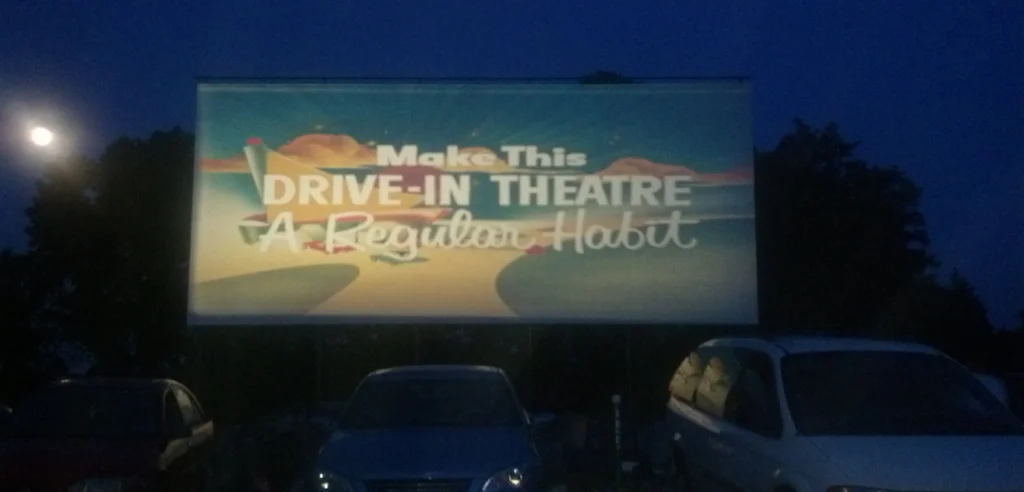
Before the multiplex took over, drive-in theaters were the place to be on a summer night—and they needed teens to keep things running. You could work the ticket booth, run the snack bar, or guide cars with a flashlight in hand. The perks weren’t bad either—you got to catch bits of the movie between tasks. New York Film Academy writes all the ways drive-in theaters have changed, beyond this job disappearing.
These jobs had a certain magic, surrounded by the sound of car radios and popcorn crunching underfoot. Teens learned how to deal with crowds, keep a grill going, and handle last-minute orders before the opening credits rolled. With drive-ins mostly relegated to nostalgia nights, these jobs are now just memories under the stars.
3. Paperboy (or Papergirl)
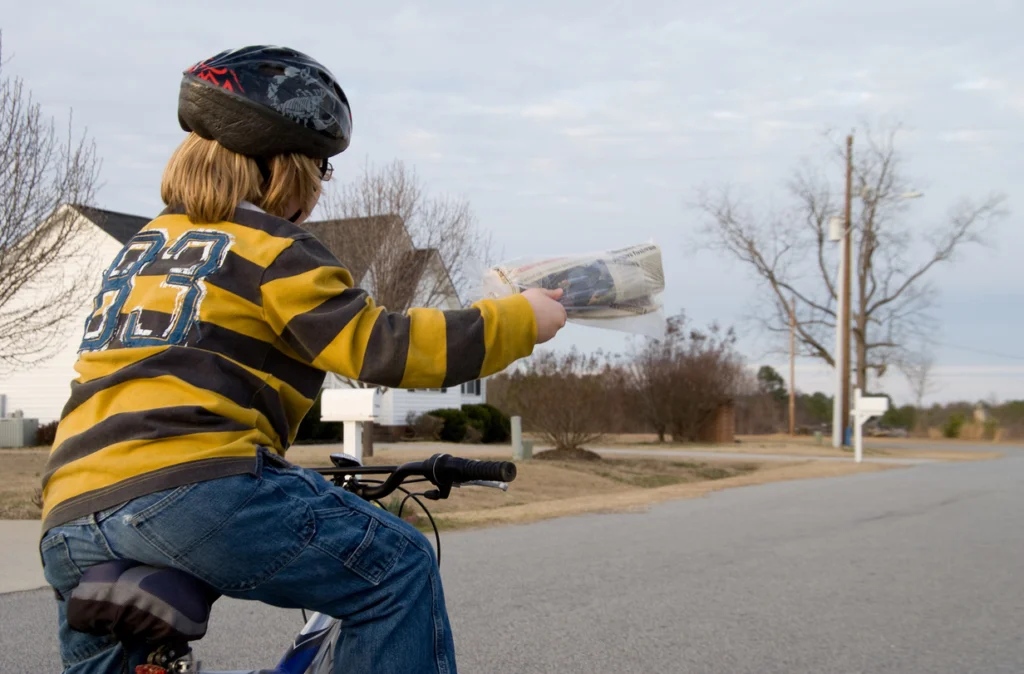
Every morning, before most of the town woke up, teens hopped on their bikes with bags full of rolled-up newspapers. Rain or shine, those papers had to hit porches by breakfast, and a good throw was a point of pride. Saturdays meant collection day—going door to door to get paid in small bills and loose change. Smithsonian Magazine drives down memory lane to explore the origins of this nostalgic job.
It taught discipline and responsibility at an age when most people were still learning to wake up on time. Kids got to know their neighbors and earned their first sense of financial independence. Today, adults in cars handle most deliveries, and the neighborhood paper route has faded with the printed page.
4. Pinsetter at the Bowling Alley
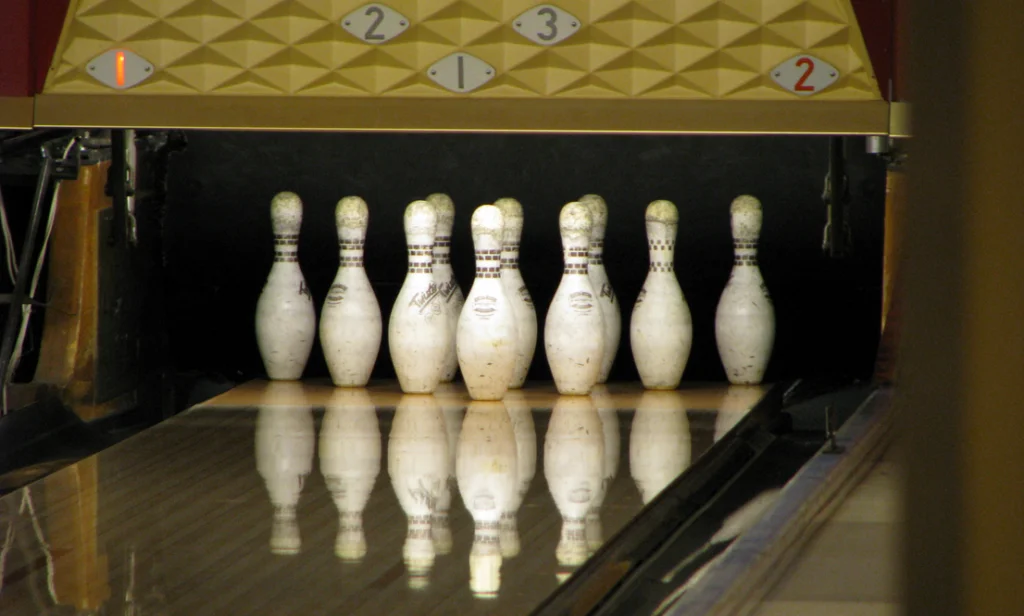
Automatic machines were on the rise, but some smaller alleys still used human pinsetters into the early ’70s. Teens would crouch behind the lanes, quickly resetting pins and returning balls between frames. It was noisy, sweaty, and slightly dangerous—but you got paid to be part of the action.
This job required fast reflexes and thick skin—especially when bowlers got too enthusiastic with their throws. It was the kind of work you bragged about because it was tough and old-school. Machines eventually took over, and pin boy jobs went the way of the dodo.
5. Carnival Assistant

When the fair came to town, teens would sometimes join up for a few weeks—working the rides, running the games, or selling cotton candy. It was part job, part adventure, and full of stories you probably didn’t tell your parents. The hours were long, but the excitement was contagious.
You learned how to hustle, how to stay cool under pressure, and maybe even how to rig a ring toss just enough to keep customers hopeful. These pop-up gigs were seasonal gold for bold teens. Now, most carnivals come staffed with traveling crews, and the “local help” has nearly vanished.
6. Gas Station Attendant

Back in the ’70s, you didn’t pump your own gas in many places—someone came out, cleaned your windshield, checked your oil, and filled your tank. That someone was often a local teenager in a zip-up uniform and a name patch. It wasn’t just about pumping gas; it was about customer service with a smile.
Teens learned to check tire pressure, offer directions, and even process payment without a single touchscreen. It was a job that kept you on your feet and your hands busy. Full-serve stations are rare now, and so is the chance to earn tips with a clean windshield and a friendly wave.
7. Soda Jerk at the Drugstore Fountain
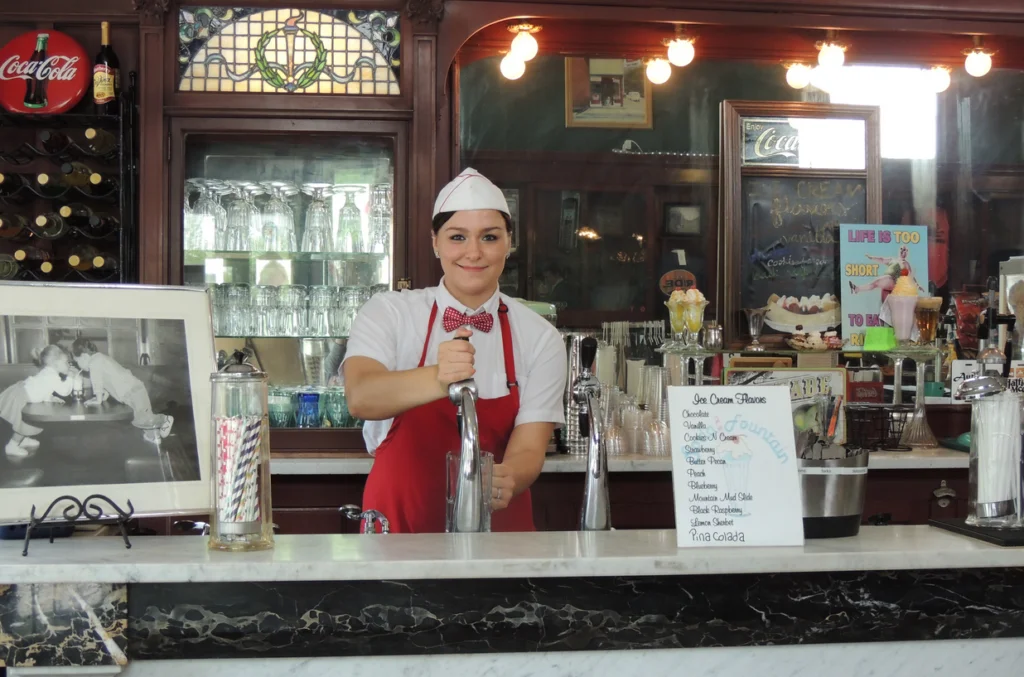
Long before fancy coffee chains took over, small-town pharmacies had soda fountains, and teens worked the counters mixing cherry Cokes and scooping root beer floats. You had to know your way around the menu and handle the lunchtime rush like a pro. It was a place where everyone gathered, and the soda jerk was part server, part entertainer.
Learning the perfect ratio for a vanilla phosphate or remembering a regular’s order gave you a sense of belonging. It was social, sweet-smelling work that connected you to your town. Most soda fountains are long gone now, replaced by convenience stores and self-serve machines.
8. Camp Counselor-in-Training
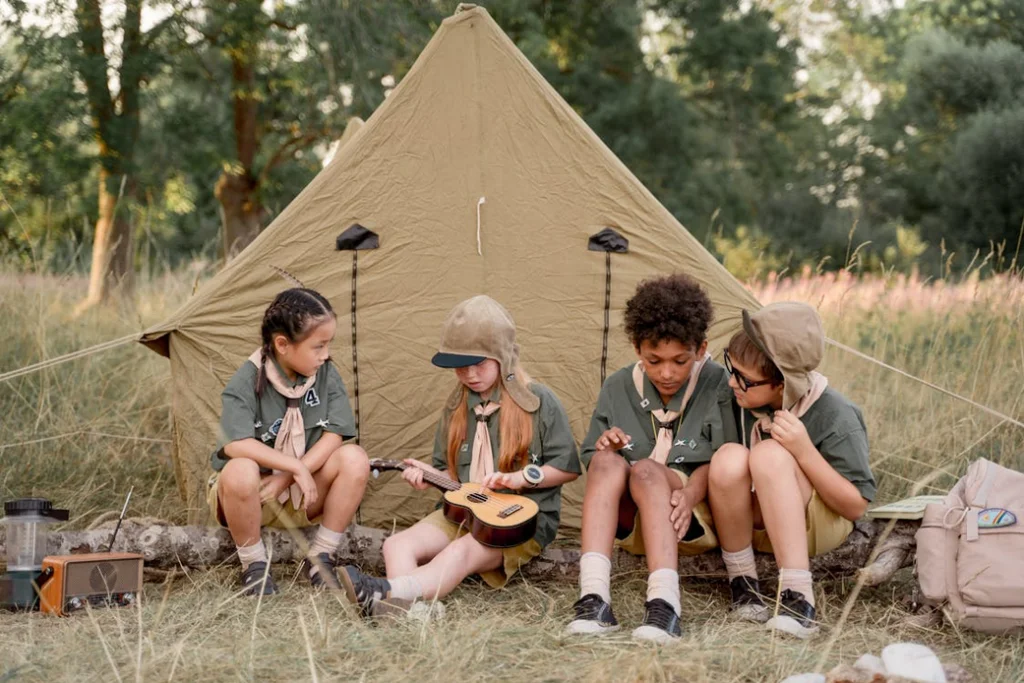
Before you were old enough to be a paid counselor, you could volunteer or earn a small stipend as a CIT at summer camp. You watched over younger kids, led activities, and did whatever the older counselors didn’t want to. It wasn’t glamorous, but it came with campfires, sing-alongs, and lifelong friendships.
It taught leadership and patience—and maybe how to handle a homesick camper at midnight. For many teens, it was a stepping stone to their first real paycheck the following summer. As overnight camps have dwindled, so have these behind-the-scenes training roles.
9. Grocery Bagger
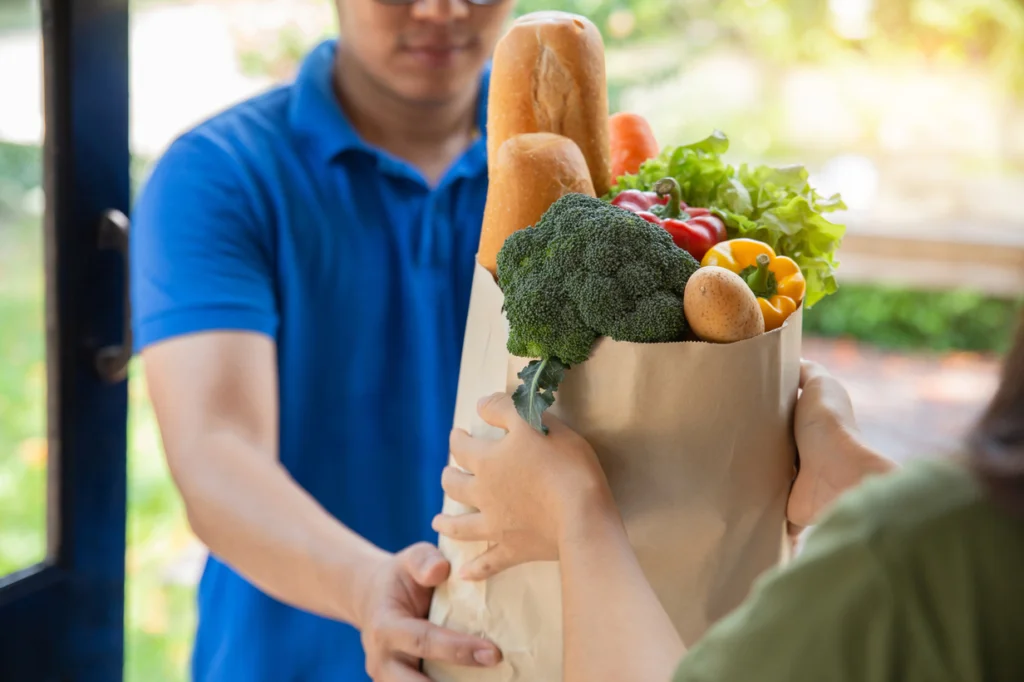
You stood at the end of the checkout lane, bagging groceries quickly and carefully—no crushed bread or leaky meat packages allowed. A good bagger worked fast, made small talk, and offered to carry bags to the car. Tips weren’t expected, but always appreciated.
The job was a rite of passage for teens looking to get into retail. It taught you how to deal with customers, how to stand all day, and how to pack a trunk like a Tetris master. With self-checkout and smaller staffs, many stores phased this role out completely.
10. Golf Caddy

Country clubs and local courses once relied heavily on teen caddies to carry bags, keep score, and read the greens. It wasn’t easy work—lugging clubs in the sun for hours—but the tips were good, and the stories even better. You learned the game by walking it, one hole at a time.
The best caddies got repeat customers and built relationships with the regulars. It was a quieter kind of job that still demanded sharp attention. Today, golf carts and professional caddy programs have replaced most of those opportunities.
11. Record Store Clerk
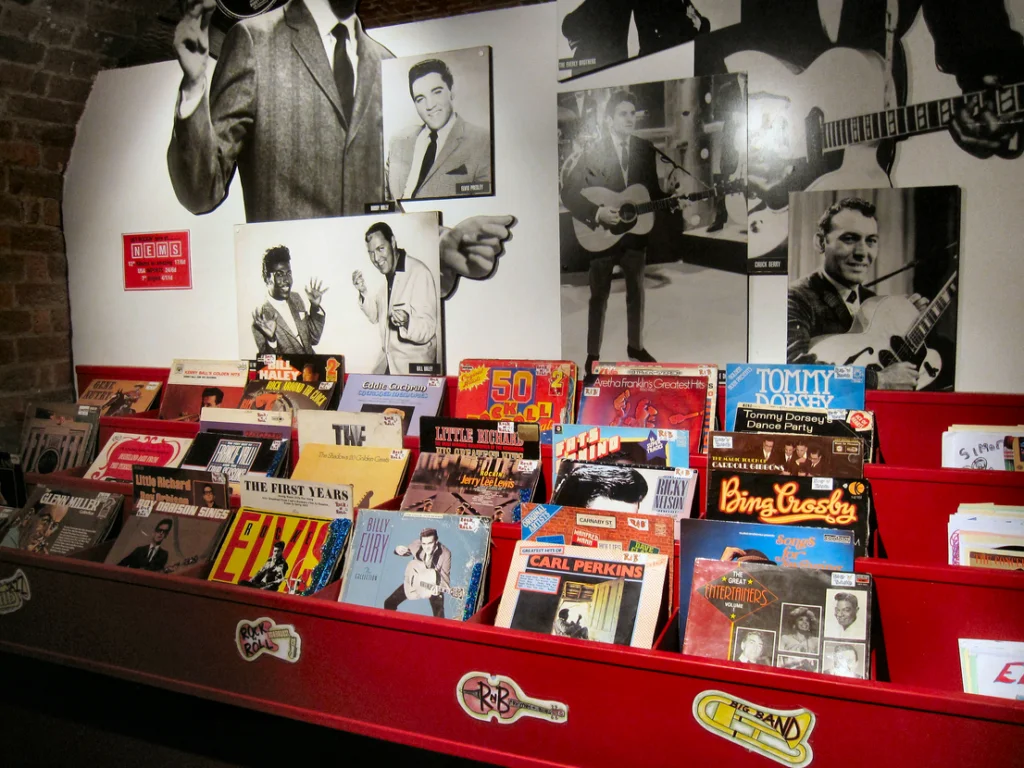
If you landed a job at the local record shop, you hit the teen jackpot. You got to be around music all day, organize vinyl and cassettes, and maybe even recommend your favorite new band. It was part retail, part DJ, and full of attitude.
It taught you how to work a cash register, restock shelves, and deal with music snobs (and be one). But as big chains and digital downloads took over, the neighborhood record store—and its part-time clerks—started to disappear. Those jobs spun off into history like a 45 on a dusty turntable.
12. Ice Cream Truck Helper
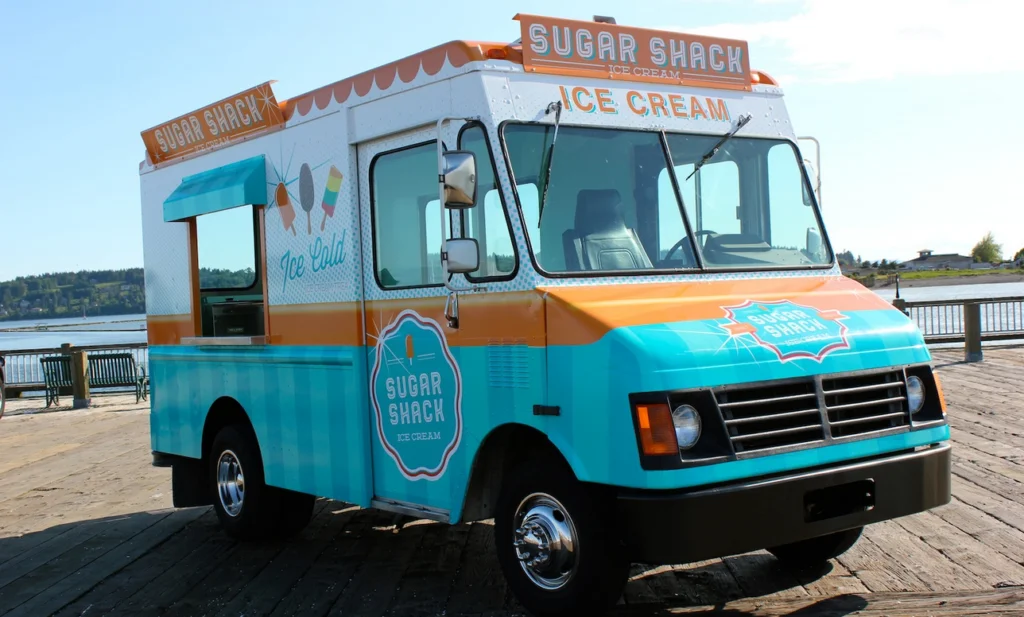
Some teens scored a gig riding along with the ice cream man, helping with sales, music cues, and keeping track of inventory. You had to work in the heat, memorize prices, and be ready for a swarm of kids with sticky fingers and exact change. But who cared? You were surrounded by push-pops and bomb pops.
It was chaotic, loud, and pure summer fun. You might not have made a fortune, but you definitely made memories. Today, fewer trucks roam neighborhoods, and most are run by adults or pre-packed vendors instead of teens with a coin apron and a loudspeaker.
These jobs weren’t just about making money—they were about growing up. They taught us how to show up on time, take direction, deal with strangers, and feel the satisfaction of a hard-earned dollar. While many of these roles have faded with changing times, their lessons—and the memories—still linger like a hot summer breeze.


